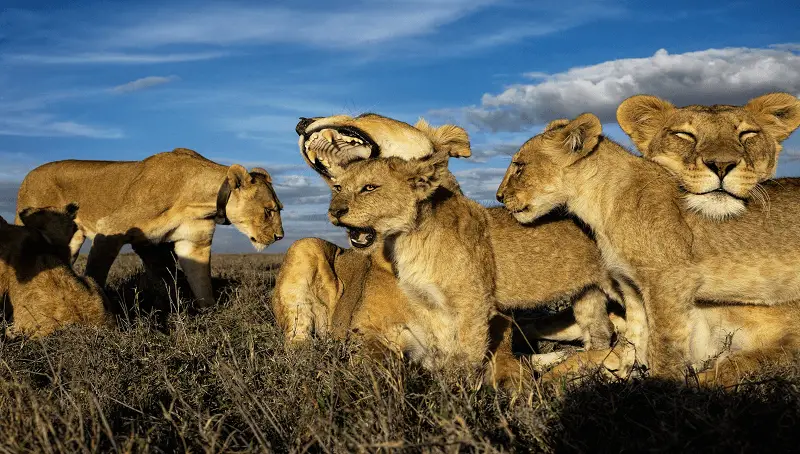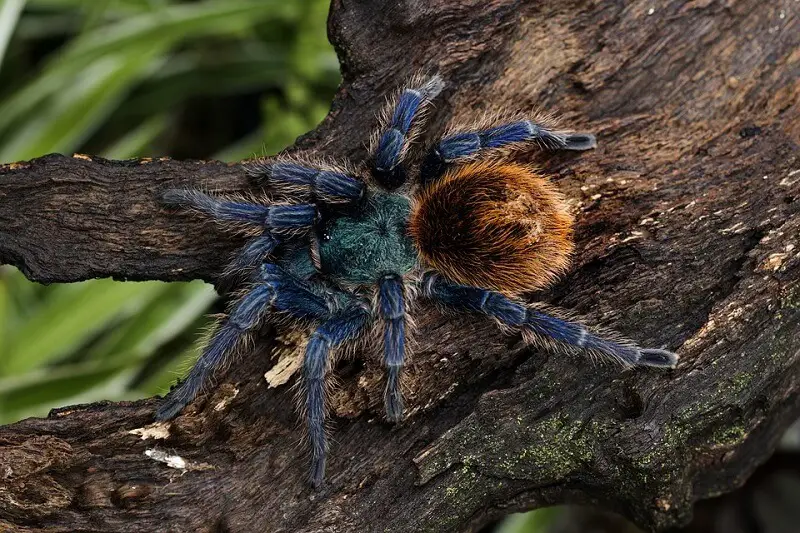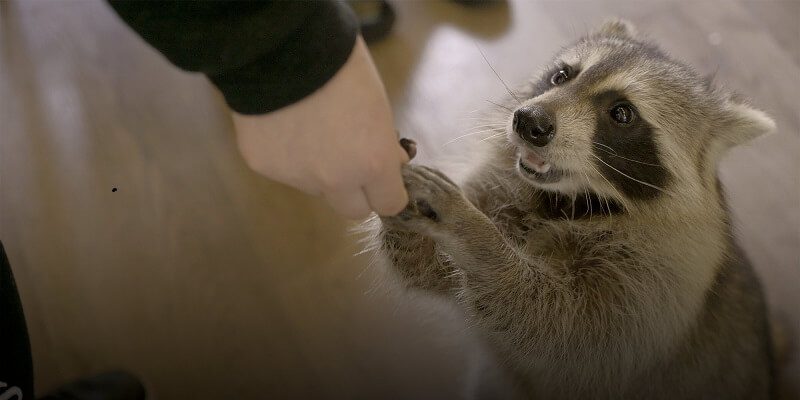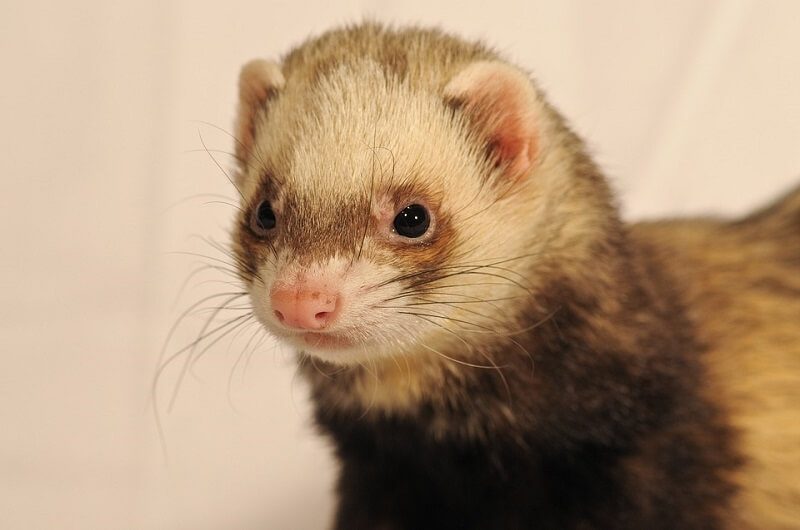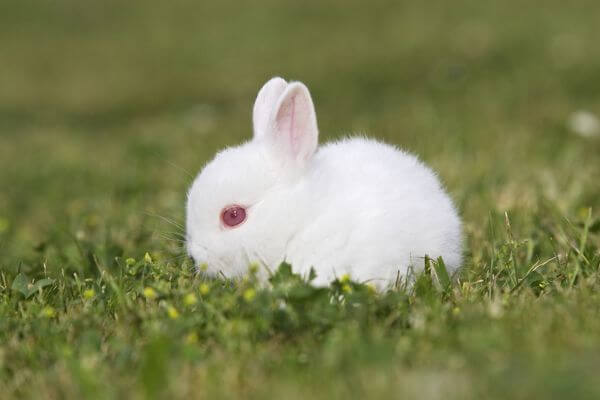A group of lions is usually called a pride, but can also be known as a troop or a sault. Of course, being the ruler of the animal kingdom, it is more fitting for the lion group to be called a pride. These social groups can be as large as 40 individuals.
Different animal groups will have different names and this is why it is very common for people to ask themselves what a group of lions is called.
Other Collective Nouns and Useful Lion Terminology
This will be very useful, especially for people that are prepared to go on a safari with their friends or family. If you want to sound like a pro, let’s go over the vocabulary and common terms related to lions.
Male lion
This is the easier part. A male lion is called a lion. Plain and simple. Most prides of lions will only have one or two male lions with the rest of the members being females and cubs.
You might also like my articles on why lions roar and on whether lions eat hyenas.
As you’d expect the lion in a pride will be the pillar that keeps all of the members together. Although male lions are not known to be skilled hunters, they will do their part when it comes to protecting their territory and pride members.
Female lion
A female lion will be called a lioness. Although female lions or lionesses can’t be considered the heads of their pride, they are the backbone of the pack. They will be the ones gathering food for the whole group.
They usually hunt in groups and take down prey that they would then bring as meals to the rest of the pack. Although male lions will hardly ever go hunting, they will be among the first to eat.
Along with hunting, taking care of their young will be the second most important responsibility of lionesses. They will have to feed them, protect them from any predators, but also teach them everything there is to know about hunting and living like a lion.
Baby lions
One of the most common names for a baby lion is “cub”, although they are also known as whelps or lionets. Many different animals will have babies that are called cubs. As an example, you will also call cubs the babies of wolves, bears, foxes, and tigers.
A group of lion cubs of similar ages will be called a litter. Although female lions will usually give birth to a maximum of four babies at a time, they can give birth all year round and are not influenced by mating seasons. Most litters will be of anywhere between two and six cubs.
Groups of male lions
A group made entirely of male lions will be called a coalition. A coalition will be made between multiple lions that want to show dominance and strength in a pride, to keep any stray lions away and prevent them from becoming leaders of said pride.
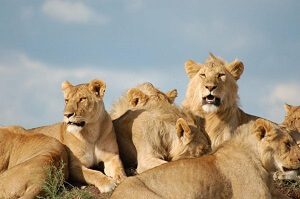 Usually, there will be a maximum of two to three lions in a pride, to keep the competition to a minimum. To do this, lions will even go as far as kicking young male lions out of the pride when they reach the age of 2 to 3 years old. This is done to keep the authority and competition levels under control.
Usually, there will be a maximum of two to three lions in a pride, to keep the competition to a minimum. To do this, lions will even go as far as kicking young male lions out of the pride when they reach the age of 2 to 3 years old. This is done to keep the authority and competition levels under control.
The coalition will be able to exist even without a pride. This will usually be made from adult male lions that are kept out of prides from birth.
Groups of female lions
The group of female lions is also called a pride. This comes as no surprise, considering that the females are the ones doing most of the work in a pride and aside from them, there are usually just one to three male lions in a normal pride.
The male lions will have to help in order for the female lions to reproduce, which means that a female-only pride will need to find a male to be able to continue adding members.
A pride will be able to go on without males without issues doing everything but mating.
Why Are Lion Groups Called Pride?
The simple answer is that a group of lions got the name pride because they are considered the rulers of the animal kingdom. Taxonomists will use all kinds of factors to find the perfect names for animals, like their behavior, position on the food chain, and even their stature among other animals, along with a bunch of other factors.
Lions are considered at the top of their food chain, meaning that they are able to hunt any other animals in their habitat, but they also have no known predators to be afraid of.
Lions are also symbols of a lot of cultures. They have received a deserved place on a lot of kingdoms’ crests and would usually symbolize dominance, justice, and courage.
These are the main reasons why the group of lions is called a pride.
Why Would Lions Live In Groups?
Lions live in groups mostly because they are social animals that like to hunt in packs. They can hunt on their own but they will do a considerably better job in groups. A group will also provide a lot of strength and safety to lions, helping them keep predators away from their young.
A long life in the wild will usually come down to securing the best piece of natural land where an abundance of water and food can be found. And when you have a strong pride to protect that land, the job will be ten times easier.
But what about individual lions, are they loyal to the group for an entire life? It turns out this isn’t the case for all of them.
Young male lions will only be able to live with their pride until they reach the age of two to three years before they are chased away by males and even female lions from time to time. A male lion that is an adult but still not the alpha of his pride might at some point decide to look for his own pride where he can become the dominant specimen.
The male lions won’t have to be related in any way to group into a coalition. Their only condition will be to not be alphas of a pride.
On the other hand, all prides will be dependent on the females that will be loyal for their whole lives. Lionesses will be very devoted members as long as there is enough food for the whole pack.
Conclusion
So as I said, the group of lions will be called a pride. If you have any other questions related to the subject or have anything else to add to the article, leave a comment below.
